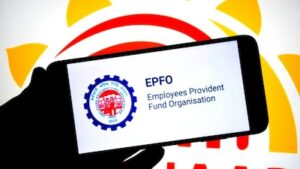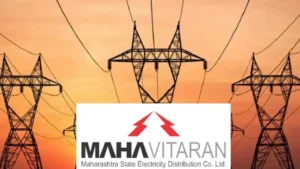Earning Under ₹50K? 93% Now Rely on Credit Cards to Survive, Says Study

Earning Under ₹50K? 93% Now Rely on Credit Cards to Survive, Says Study
93% of salaried individuals earning below Rs.50,000 now rely on credit cards and BNPL to meet daily needs amid rising inflation
In a revealing new study by Think360.ai, the rising financial burden on India’s low-income earners has come to light, with credit cards and digital loans becoming everyday lifelines. According to the study, an overwhelming 93% of salaried employees earning less than ₹50,000 per month are using credit cards to manage essential expenses like groceries, electricity bills, and online purchases. Among self-employed individuals, 85% also admit to relying on credit cards to bridge their monthly shortfalls.
This growing dependency is being driven by skyrocketing inflation. Basic necessities such as household groceries, utility bills, children’s fees, and medical needs are becoming increasingly unaffordable. When salaries run dry, many turn to credit cards or Buy Now, Pay Later (BNPL) services, easy credit options offered through fintech platforms.
The study, based on a year-long analysis of spending patterns of over 20,000 salaried and self-employed individuals, highlights a troubling cycle: people often use their credit cards to get through the month, only to repay them from the next month’s salary, leaving little room for actual savings. This leads to a continuous loop of borrowing and repayment, pushing many into long-term financial stress.
What’s noteworthy is the sharp rise in BNPL usage, with 18% of self-employed and 15% of salaried professionals using these services, particularly for online shopping and small-ticket purchases. BNPL offers instant credit, which can be repaid later in installments, making it an attractive option for cash-strapped users.
The role of fintech companies in this credit revolution is undeniable. In FY 2023 alone, fintech firms disbursed over ₹92,000 crore in personal loans, accounting for 76% of new loans issued. Their digital platforms eliminate the cumbersome paperwork traditionally required for bank loans, making small loans accessible to even the lower-income groups.
While these innovations have helped many stay afloat, experts warn of the dangers of over-reliance on such credit tools. With debt levels quietly climbing, there is a pressing need for better financial literacy, stricter regulation, and a push toward sustainable earning solutions for India’s working class.
In today’s economy, credit cards have moved from being a symbol of status to a necessity for survival and that shift tells us more about the challenges faced by everyday Indians than any number ever could.












